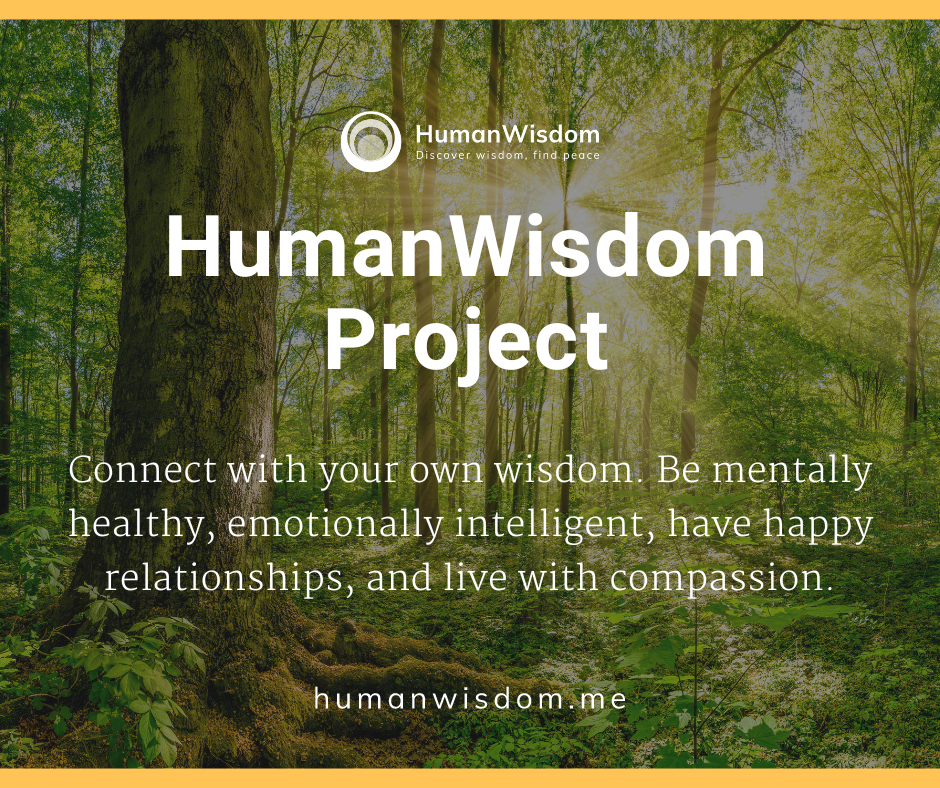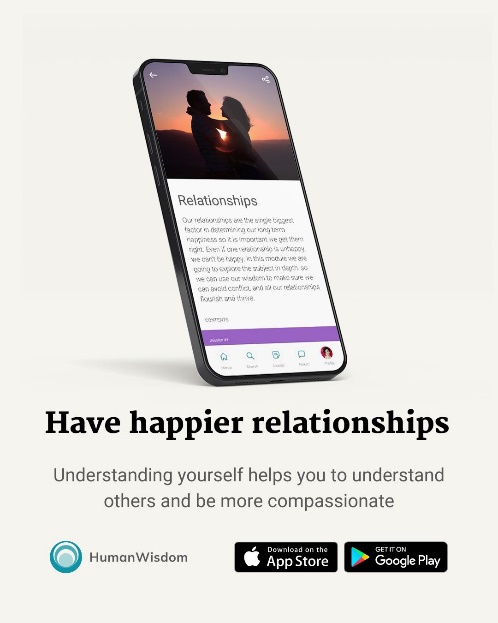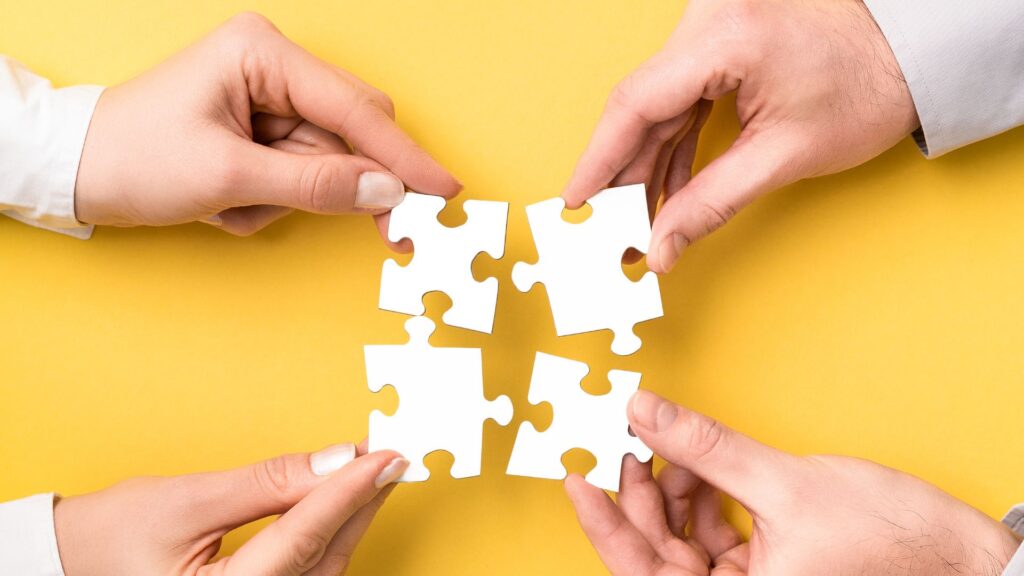Improve educational outcomes:
Research has shown that stress and anxiety is common among students. In a survey 80% of students said stress impacts learning. Stress also impacts the ability of teachers to teach to the best of their ability. By addressing this we can boost outcomes. # problem-solving skills

Prevent mental health problems:
Many problems originate in our thinking. By understanding why we think, feel, and act in the ways we do, we can be mentally healthier.# problem-solving skills
Deal with stress and anxiety:
The app offers many tools to deal with stress and anxiety-like breathing exercises, journaling, zooming out, changing perspective etc. It is in your pocket – to help deal with a crisis. 70% of students don’t seek help – and this app could be the answer. https://blogs.humanwisdom.me/
Happier relationships:
A deeper understanding of ourselves allows us to understand others better – this is invaluable for healthy relationships – now and in the future – at home and at work.
Understand and question their many influences:
Young people are subject to a torrent of influences via social media. By understanding how they can be unconsciously conditioned by their influences, they can question them and live with wisdom. E.g. Not blindly follow the latest trend.
Live without Envy/ Low self-esteem:
By understanding the unconscious process of comparison in their own thinking, they can learn to only compare themselves with others when they need to, and can avoid feelings of envy, low self-esteem etc. They can then learn to follow their own path in life.
Develop emotional intelligence:
They can learn how to understand and better manage all their emotions like anger, loneliness, desire, sorrow, pleasure and sadness.
Communications skills:
The module on communication teaches students how to listen deeply, speak with care, and develop empathy. This is invaluable for work, and all our relationships.
Leadership skills:
The leadership module teaches students how to first be an inner leader, and in charge of themselves. It also helps them develop all the skills needed for leadership, all of which come from wisdom. Eg. Integrity, courage, compassion, emotional intelligence etc.
Not be prisoners of their fears:
By understanding the roots of fear in their thinking, and how it shapes all our lives, students can grow in freedom and not allow their unconscious and conscious fears to dictate the course of their lives.
Prepare them for an uncertain future:
The 21st century is going to present students with many challenges. The jobs they will do have not been created yet. They will need to be flexible, deal with uncertainty, and be creative. They also need to learn to deal with failure. Living with wisdom can help with all of these.
Discover their true calling:
There are so many pressures on students these days – from parents, society, social media etc. and it can be very confusing for them to decide what they want to do with their life. A deeper self-understanding can help them find out what they love to do and discover their true calling in life. Listen to this podcast on the subject: https://humanwisdom.podbean.com/e/finding-our-true-purpose-in-life/
Develop empathy and compassion:
Understanding ourselves helps us to understand others – and realize that deep down we are the same human being – this allows us to have empathy and compassion for others, and work for a better world.
Avoid the perils of addiction:
About 10-12% of the population in most studies suffers from addiction. A deeper understanding of the hidden drivers in our thinking that drive us to addiction can help us avoid it, and more easily overcome it – these include our conditioning, our inability to cope with, and need to escape from emotional pain, and our need for pleasure and stimulation. Listen to this podcast on the subject: https://humanwisdom.podbean.com/e/avoiding-and-overcoming-addiction/
Develop a healthy relationship with food:
In the US (the same problem occurs everywhere) 42% of people are obese (with all the health problems that follow) and 11% have an eating disorder. Understanding why these problems occur can help us avoid them – e.g. conditioning, our need for pleasure, and using food as a way of dealing with stress. To find out more download the HumanWisdom app or visit humanwisdom.me and explore how it can help you live your best life. # problem-solving skills



















